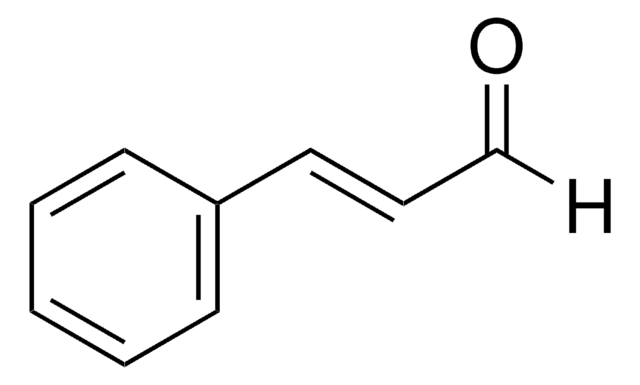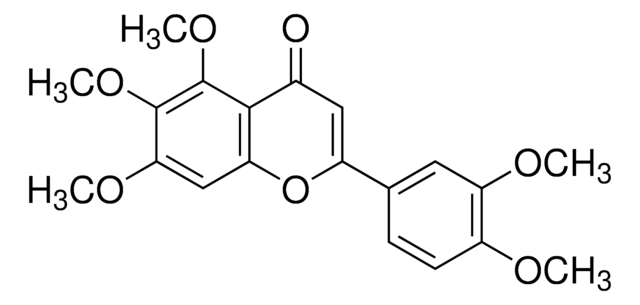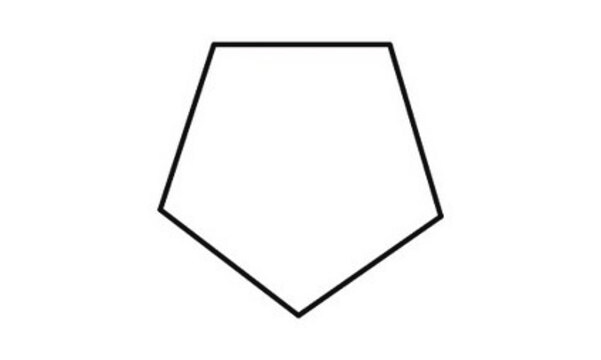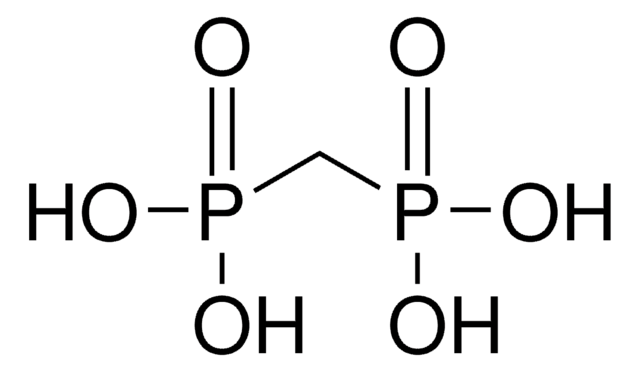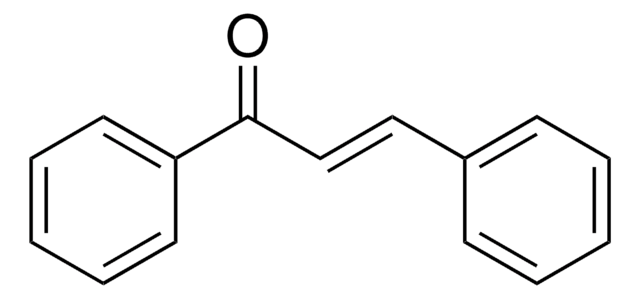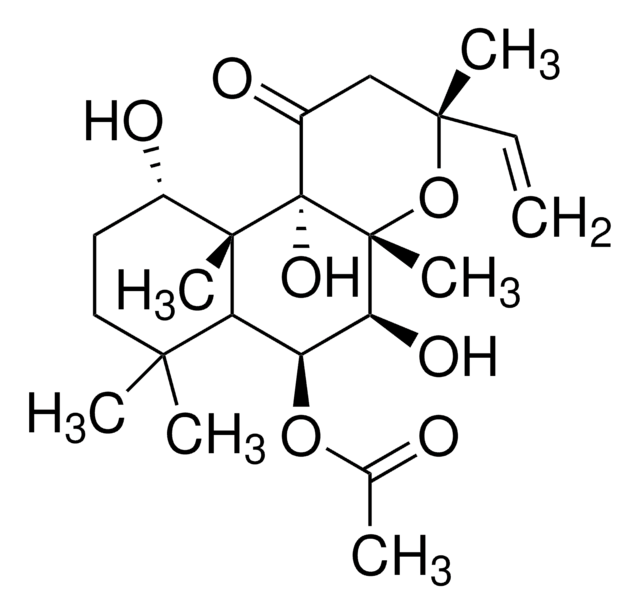270601
Cyclopentane
suitable for HPLC, ≥75% cyclopentane basis
About This Item
Recommended Products
vapor density
~2 (vs air)
Quality Level
vapor pressure
5.32 psi ( 20 °C)
assay
≥75% cyclopentane basis
form
liquid
autoignition temp.
682 °F
expl. lim.
8.7 %
technique(s)
HPLC: suitable
evapn. residue
<0.0003%
refractive index
n20/D 1.405 (lit.)
bp
50 °C (lit.)
mp
−94 °C (lit.)
density
0.751 g/mL at 25 °C (lit.)
λ
H2O reference
UV absorption
λ: 198 nm Amax: 1.0
λ: 210 nm Amax: 0.50
λ: 220 nm Amax: 0.10
λ: 240-400 nm Amax: 0.01
application(s)
food and beverages
SMILES string
C1CCCC1
InChI
1S/C5H10/c1-2-4-5-3-1/h1-5H2
InChI key
RGSFGYAAUTVSQA-UHFFFAOYSA-N
Looking for similar products? Visit Product Comparison Guide
signalword
Danger
hcodes
Hazard Classifications
Aquatic Chronic 3 - Asp. Tox. 1 - Flam. Liq. 2 - STOT SE 3
target_organs
Central nervous system
supp_hazards
Storage Class
3 - Flammable liquids
wgk_germany
WGK 1
flash_point_f
-4.0 °F - closed cup
flash_point_c
-20 °C - closed cup
Certificates of Analysis (COA)
Search for Certificates of Analysis (COA) by entering the products Lot/Batch Number. Lot and Batch Numbers can be found on a product’s label following the words ‘Lot’ or ‘Batch’.
Already Own This Product?
Find documentation for the products that you have recently purchased in the Document Library.
Our team of scientists has experience in all areas of research including Life Science, Material Science, Chemical Synthesis, Chromatography, Analytical and many others.
Contact Technical Service
